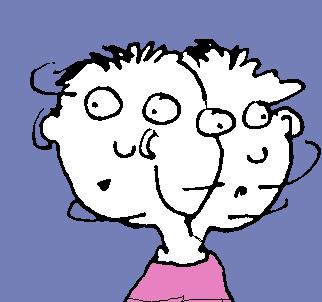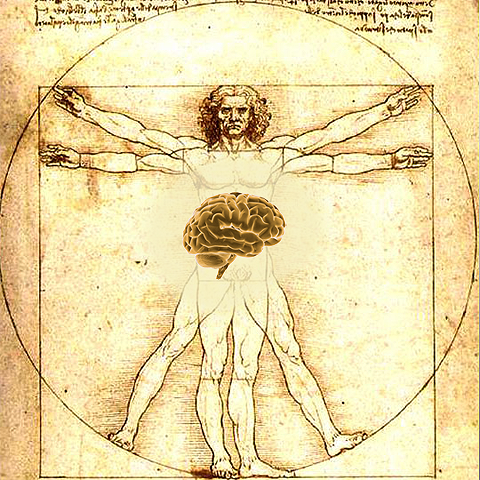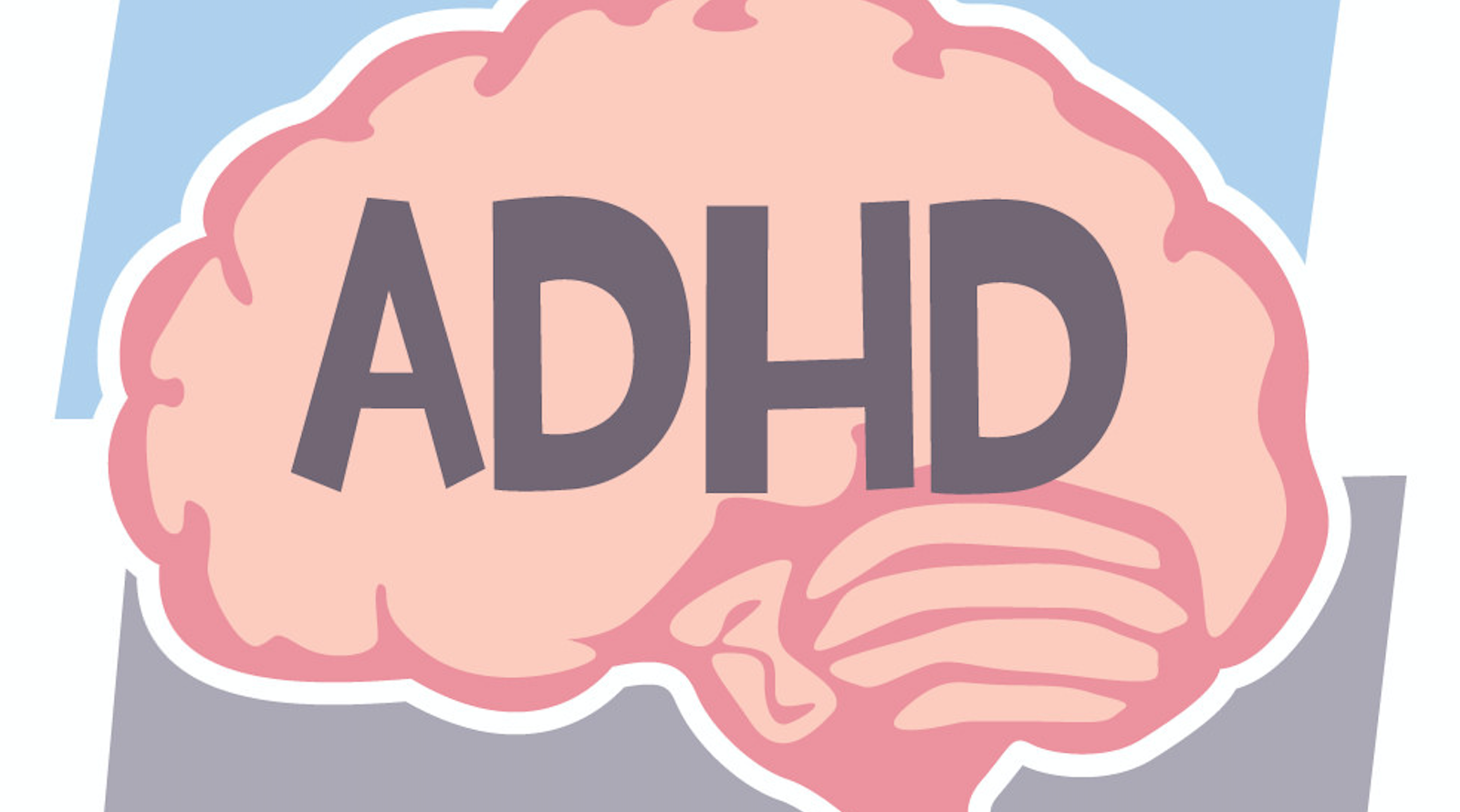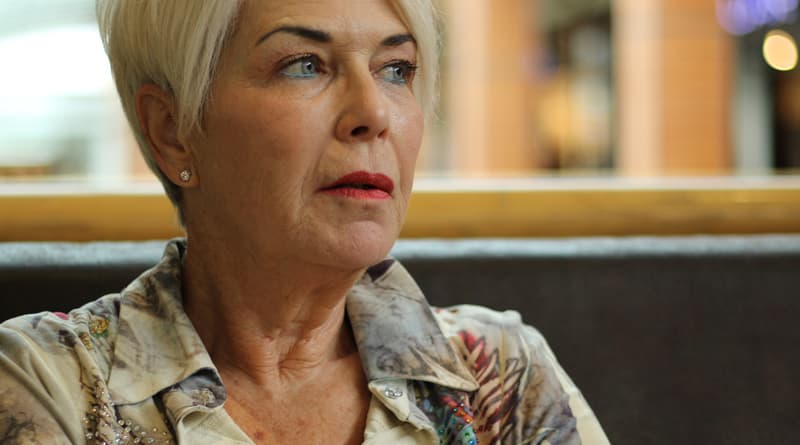 In medical parlance, the title = “The Differential Diagnosis of Attention Deficit/Hyperactivity Disorder”. However, a major stumbling block to understanding, treating and preventing this childhood epidemic is that it is considered a single organic entity, mostly of familial origin. Treatment usually involves strong stimulant medications, with serious side effects, in order to semi-successfully control a perplexing mix of imprecise signs and symptoms.
In medical parlance, the title = “The Differential Diagnosis of Attention Deficit/Hyperactivity Disorder”. However, a major stumbling block to understanding, treating and preventing this childhood epidemic is that it is considered a single organic entity, mostly of familial origin. Treatment usually involves strong stimulant medications, with serious side effects, in order to semi-successfully control a perplexing mix of imprecise signs and symptoms.
It’s not ‘just’ ADHD:
 When I first encountered hyperactivity in the previous century, it was called ‘minimal brain disfunction’. After adjusting the name to reflect the ‘hyperactivity‘, the term ‘attention deficit‘ was added to streamline the diagnosis. Common difficulties include distractibility, poor focus, constant motion, immaturity, a ‘short fuse’ and frequent disruptive behaviors.
When I first encountered hyperactivity in the previous century, it was called ‘minimal brain disfunction’. After adjusting the name to reflect the ‘hyperactivity‘, the term ‘attention deficit‘ was added to streamline the diagnosis. Common difficulties include distractibility, poor focus, constant motion, immaturity, a ‘short fuse’ and frequent disruptive behaviors.
Combining two conditions that are poorly understood makes the problem more, not less, complicated. Other than naming it differently, I’m not quite sure that we have learned much about ADHD in the past 40 years, except for the recognition that it is increasing.
It’s not just ADHD if the child also has:
 Some other chronic, concurrent physiological infirmity. Allergies, poor sleep, bowel or bladder problems are often not separate, isolated maladies. Importantly, as the associated medical conditions are successfully addressed, many of the base signs and symptoms may be ameliorated, as well.
Some other chronic, concurrent physiological infirmity. Allergies, poor sleep, bowel or bladder problems are often not separate, isolated maladies. Importantly, as the associated medical conditions are successfully addressed, many of the base signs and symptoms may be ameliorated, as well.
Notably, behaviors such as aggression, anxiety and opposition may be coping mechanisms, not core deficiencies. That would explain why prescription medications are frequently ineffective, only work for short periods, or can even exacerbate symptoms.
As in all medical conditions, the diagnosis requires a ‘workup’:
 This week, our practice evaluated a patient who was exhibiting aggressive and oppositional behaviors. At the start of the school year, with so many children who have similar issues, the diagnosis would probably have been ADHD, and the patient sent home with an Rx for Ritalin. Except, on laboratory workup and by physical examination, he has thyroid disease!
This week, our practice evaluated a patient who was exhibiting aggressive and oppositional behaviors. At the start of the school year, with so many children who have similar issues, the diagnosis would probably have been ADHD, and the patient sent home with an Rx for Ritalin. Except, on laboratory workup and by physical examination, he has thyroid disease!
Conditions as diverse as ASD, dyslexia, prenatal substance abuse, and even chromosomal changes may be present. Such circumstances are frequently missed due to the lack of elucidating a differential diagnosis – what else could this child’s problem be?
Diet is important:
 The studies about the effects of diet on ADHD are often difficult to interpret. The popular Feingold Diet focuses on artificial ingredients and salicylates, and has helped hundreds of thousands. WebMD provides a useful framework: overall nutritional, elimination and supplementation. Such a classification highlights the need to perform a thorough medical evaluation to eliminate much of the guesswork. If you can see it, you have a chance to beat it.
The studies about the effects of diet on ADHD are often difficult to interpret. The popular Feingold Diet focuses on artificial ingredients and salicylates, and has helped hundreds of thousands. WebMD provides a useful framework: overall nutritional, elimination and supplementation. Such a classification highlights the need to perform a thorough medical evaluation to eliminate much of the guesswork. If you can see it, you have a chance to beat it.
All the confusing nutrition babble aside, vigilant parents may discover offending agents and helpful substitutes. The problem is getting your kids to listen.
There isn’t just one treatment:
![]() Stimulant medications. Three major variations. Caffeine citrate and nicotine patches can substitute.
Stimulant medications. Three major variations. Caffeine citrate and nicotine patches can substitute.
Anti-anxiety drugs. Three on-label listings (Intuniv, Risperdal, Abilify) and numerous adult versions.
Homeopathic, naturopathic, allopathic variations.
Neurofeedback, NAET, neuro-sensory, electrical stimulation, detoxification,etc.
Such a multitude of treatment options leaves professionals throwing darts at a moving target. The process is not exactly experimentation, but it certainly is trial-and-error. It isn’t difficult to understand why parents search the Internet for safe, effective intervention(s).
Close followup is key:
![]() The present gestalt of listening to a parent’s concern, observing an antsy child in the office, and handing out a ticket for more over-prescribed ‘band-aids’ seems unstoppable. It’s not only the type of intervention, but how the child is evaluated and what specific signs and symptoms are successfully addressed, given the myriad of side effects.
The present gestalt of listening to a parent’s concern, observing an antsy child in the office, and handing out a ticket for more over-prescribed ‘band-aids’ seems unstoppable. It’s not only the type of intervention, but how the child is evaluated and what specific signs and symptoms are successfully addressed, given the myriad of side effects.
Importantly, children are constantly growing, evolving and experiencing internal and external changes. Dosing, frequency, timing, and type of successful therapy will change dramatically over time.
Conclusion:
When a medical professional announces that your child has ADHD without a detailed history, review of systems, physical examination and appropriate laboratory evaluations, the patient is getting short-changed. It can even be made worse by over-prescribing potent pharmaceutical agents.
Parents who research the ‘net will find the landscape quite confusing. The best advice is to find a doctor with the skill, experience and time to understand this complicated diagnosis.





